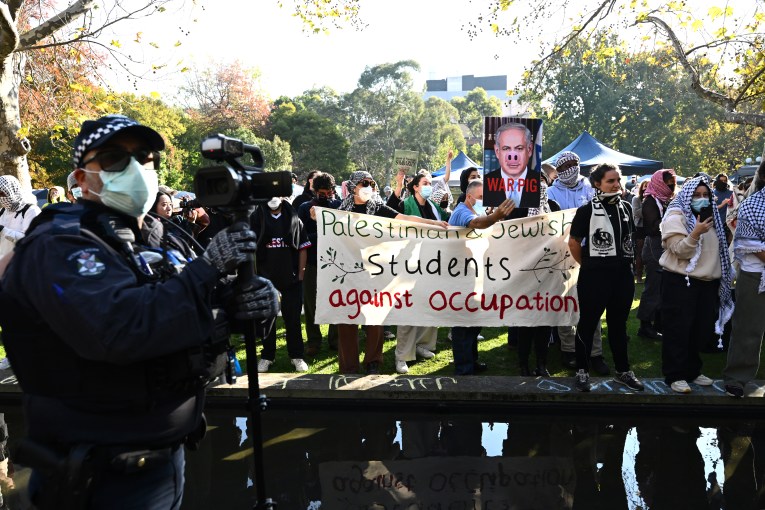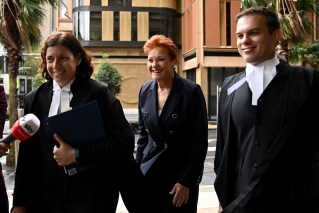States reject Dutton’s push for nuclear power

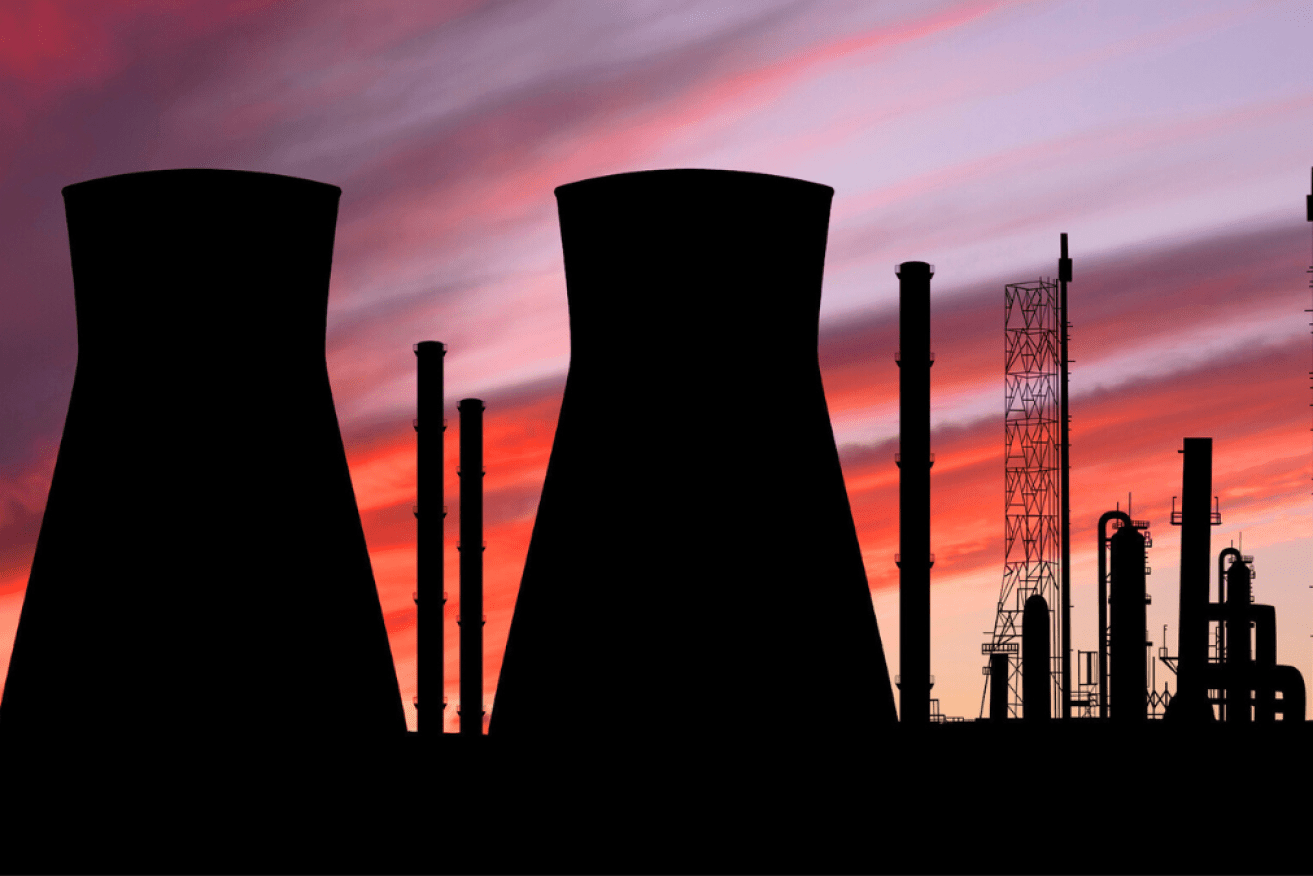
State politicians have responded to Peter Dutton's push for nuclear power. Photo: Getty
State politicians from across the political spectrum have rejected the federal Liberal Party’s push for nuclear power, citing cost, speed and technology as reasons to bet on renewables.
Despite being “open to the debate”, South Australian Premier Peter Malinauskas said nuclear power wasn’t fit for Australia’s energy needs.
“Every single objective, independent analysis that has looked at this has said nuclear power would make power more expensive in Australia rather than cheaper,” he told ABC News.
“Why we would impose that burden on power consumers in our country is completely beyond me. Maybe one day in a hundred years time nuclear technology might evolve.”
Opposition Leader Peter Dutton has previously praised Malinauskas for being “honest” about nuclear energy.
Labor premiers have unanimously rejected the nuclear energy push from Dutton, while influential Liberal state politicians have rejected Dutton’s energy policy.
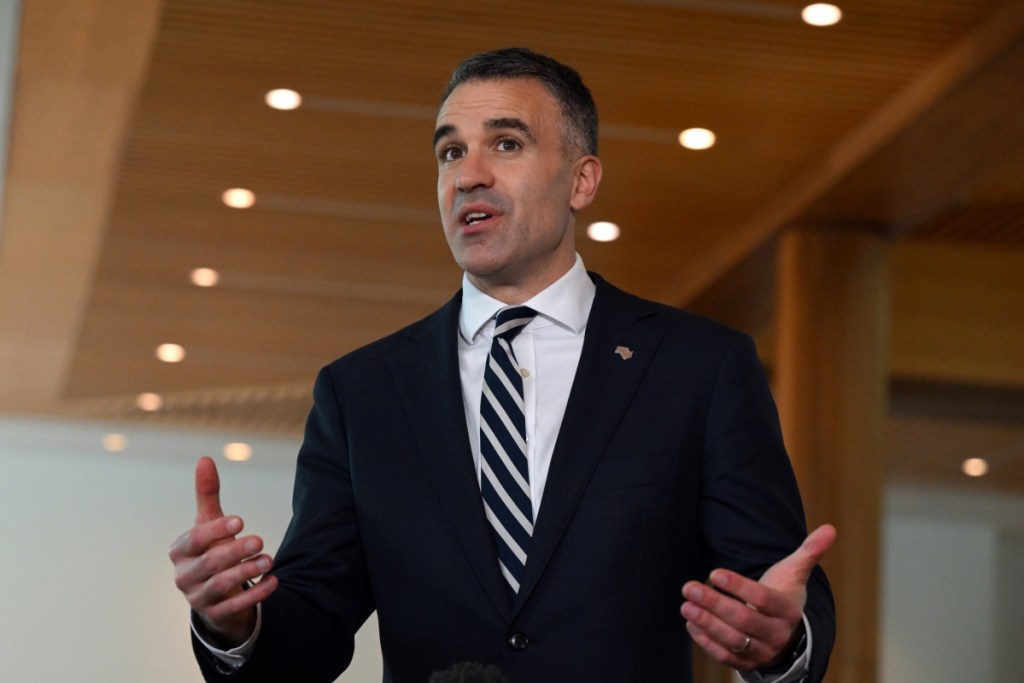
SA Premier Peter Malinauskas believes any decisions around energy should be based on economics, not ideology. Photo: AAP
Liberal dissent
Matt Kean, a former energy minister and treasurer in Dominic Perrottet’s NSW government, has resigned from a Liberal and National Party member-run renewable energy advocacy group because it supported nuclear energy over wind and solar.
“The reality is there is no feasible pathway [for nuclear energy] to play any material role in helping Australia replace our coal-fired power stations in line with the climate science,” Kean said.
“Large-scale nuclear reactors have proven costly and slow to deliver and [I] would refer you to the UK experience with the Hinkley Point C power station, and the fact that small modular nuclear reactors are not currently commercial anywhere in the world.”
Tweet from @CforConserv
The Hinkley Point Nuclear Power Station was originally slated to cost $11.8 billion in October 2013, but that figure has ballooned out to a projected $90 billion by the time it opens in 2026.
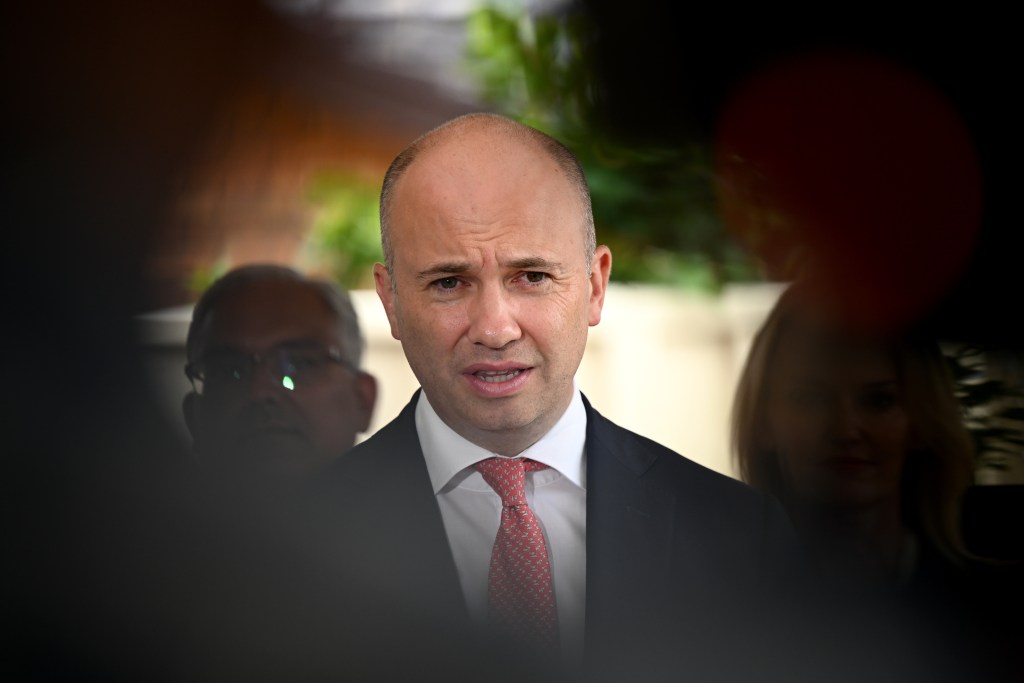
Matt Kean is a critic of Dutton’s nuclear energy policy. Photo: AAP
Kean’s position broke with federal Liberal leader Peter Dutton and spokesperson for energy Ted O’Brien, who have continued to argue that small modular nuclear reactors could replace coal for base load energy.
In a speech to business leaders on Thursday, Dutton said his party’s energy plans included increased reliance on gas, a fossil fuel.
“A Coalition government will ramp up domestic gas production to make energy more affordable and reliable, and to help transition our economy to new energy systems,” he said.
“Nuclear is the only proven technology which emits zero emissions, which can firm up renewables, and which provides cheap, consistent and clean power.”
Queensland Liberal National Party leader David Crisafulli has previously rejected Peter Dutton’s nuclear-powered dream, as the LNP appear favourites to win the next state election on October 26.
Small modular reactors
Dutton’s insistence that small modular nuclear reactors (SMR) can help Australia reach net zero has angered energy experts, including Australia’s former chief scientist Alan Finkel.
“The reality is there is no substitute for solar and wind power this decade and next,” Finkel said.
“Any call to go direct from coal to nuclear is effectively a call to delay decarbonisation of our electricity system by 20 years,” Finkel wrote.
“The trouble is, there are no SMRs operating in the UK, Europe, Canada, the US or any other OECD country, nor are any SMRs under construction or approved in an OECD country.”
By all estimates, nuclear energy will be too slow and expensive to play a role in the transition to net-zero, although Finkel believes it is worth removing the legislated ban on nuclear power because introducing it from the 2040s onward “would bring benefits”.
The CSIRO’s annual costings report found that any theoretical reactor built in 2030 would cost between $382 to $636 per megawatt hour, compared to wind and solar which was costed at $91 to $130.
The technology that the Liberal Party is relying on hasn’t been tested on a commercial basis, with China currently building “the world’s first commercial land-based small modular pressurised water reactor”.
